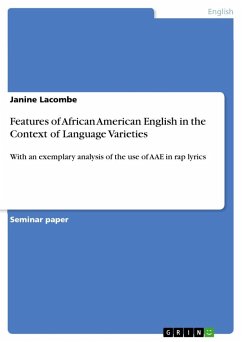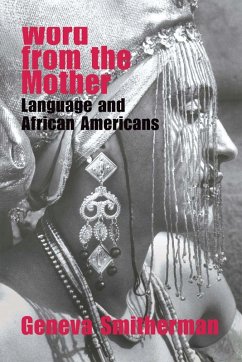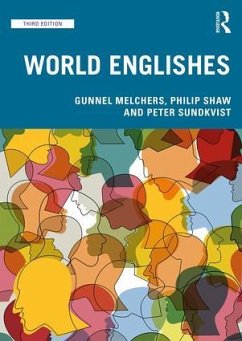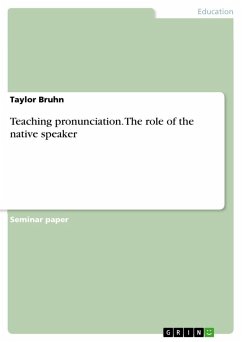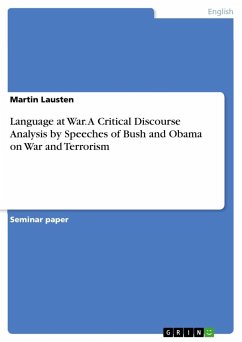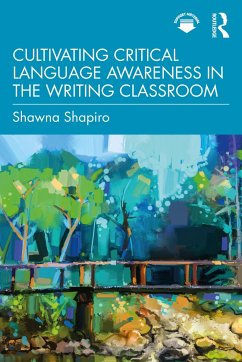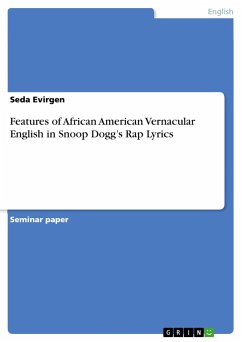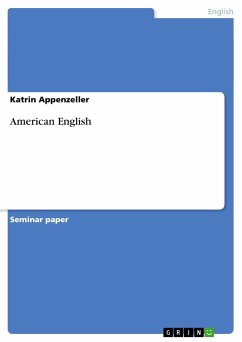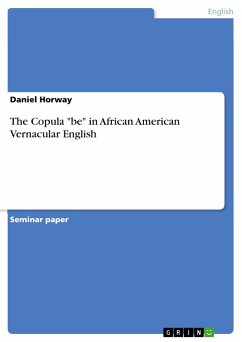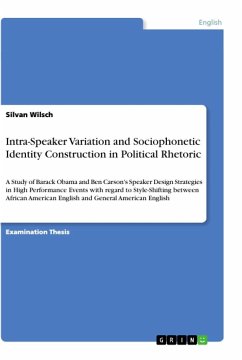
Intra-Speaker Variation and Sociophonetic Identity Construction in Political Rhetoric
A Study of Barack Obama and Ben Carson's Speaker Design Strategies in High Performance Events with regard to Style-Shifting between African American English and General American English

PAYBACK Punkte
0 °P sammeln!
Examination Thesis from the year 2018 in the subject English Language and Literature Studies - Linguistics, grade: 1,0, University of Freiburg, language: English, abstract: This study investigates the linguistic performances of two black politicians from the United States - namely, Barack Obama and Ben Carson - when addressing audiences of differing ethnic composition. Obama's use of vernacular speech at Hampton University was considered controversial due to the stigmatized nature of African American English (AAE) use within formal contexts, which nevertheless enjoys covert prestige as a marke...
Examination Thesis from the year 2018 in the subject English Language and Literature Studies - Linguistics, grade: 1,0, University of Freiburg, language: English, abstract: This study investigates the linguistic performances of two black politicians from the United States - namely, Barack Obama and Ben Carson - when addressing audiences of differing ethnic composition. Obama's use of vernacular speech at Hampton University was considered controversial due to the stigmatized nature of African American English (AAE) use within formal contexts, which nevertheless enjoys covert prestige as a marker of solidarity and identity.Ben Carson was chosen as a foil, due to crucial similarities between the two politicians. For each of them, speech samples from two speeches and two interviews were selected for analysis, whereby one speech/interview was given in front of a predominantly white audience and the other speech/interview was given in front of a predominantly black audience. In order to determine if, when, and to what extent Obama and Carson employ features of AAE in these 'high performance' political events, an acoustic analysis of three sociophonetic variables indexical of AAE is undertaken.Focusing on the patterns of these three phonological features of AAE versus their 'standard' General American English (GAE) counterparts, the linguistic outputs of Obama and Carson are investigated individually and in comparison to each other. Additionally, research on style-shifting, contextualization of the speeches and interviews, insights about AAE and the biographical backgrounds of Obama and Carson are discussed to explain their respective stylistic choices.In summary, Obama and Carson's sociophonetic construction of identity and achieving of situational goals through style-shifting between AAE and GAE in 'high performance' political events is examined in this study.




